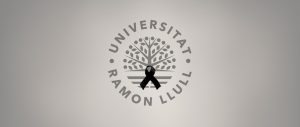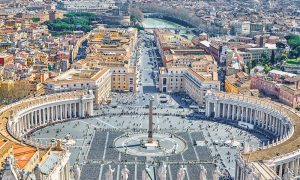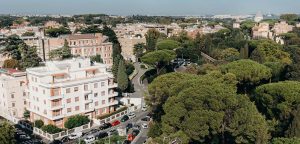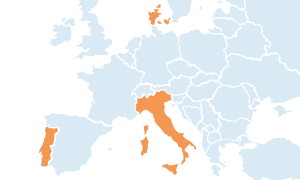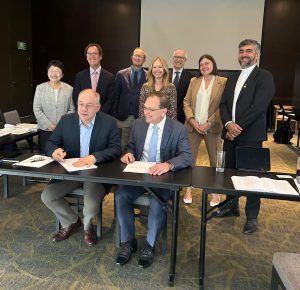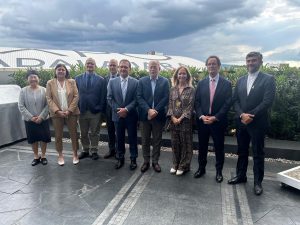Driving Global Change:
SACRU Contribution to a Sustainable Future

From mental health in Portugal to the meaning of institutions in Italy, from biodiversity in Japan to access to water in Ecuador, the report offers a concrete geography of Catholic academic engagement around the world
The 2030 Agenda for Sustainable Development was adopted by all United Nations Member States in 2015, with the goal of providing a path for peace and prosperity for people and the planet, both now and in the future. At the core of the Agenda are the 17 Sustainable Development Goals (SDGs), which represent an urgent call for action by all countries —developed and developing— through a global partnership aimed at ending poverty and other deprivations, improving health and education, reducing inequality, and spurring economic growth.
In line with its mission to foster higher education and research for the Common Good, the Strategic Alliance of Catholic Research Universities has collected insights on the SDGs, reflecting the diverse expertise of its network. These contributions come from the work of 15 faculty members and students from seven partner universities within the Alliance. They embody a unique international, interdisciplinary, and intergenerational approach, capturing the diverse perspectives of those at the forefront of research and academia, all working together to address the global challenges outlined in the SDGs.
The selection of SDGs addressed in this report mirrors the choices of SACRU partner universities, made in light of their academic strengths and leading initiatives connected to specific goals. The contributions represent the personal views of individual academics and students and are not intended as the official positions of SACRU and its partner universities.
The report opens with an introduction by Professor Zlatko Skrbis, President of SACRU and Vice-Chancellor and President of Australian Catholic University, and Professor Pier Sandro Cocconcelli, SACRU Secretary General and Dean of the Faculty of Agricultural, Food and Environmental Sciences at Università Cattolica del Sacro Cuore.
